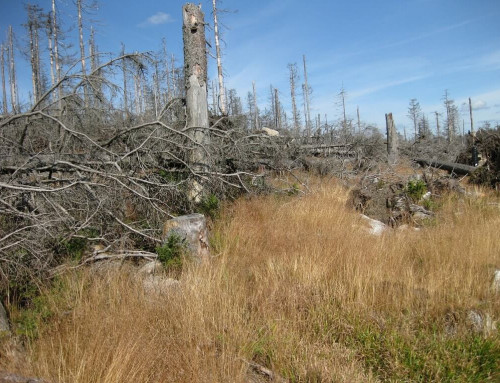
A communal farmer. Image credit mg.co.za
ZIMSEC O Level Geography Notes:Agriculture:Farm Inputs: Land Ownership
Land ownership or tenure
- This mainly results from socio-economic and political as well as historical factors that prevail in an area.
- The tenant or leasehold system of land tenure in one where a landlord leases or rents land to tenants.
- Tenants get very small portions of land on which to work on and at the same time contribute their labour to work on the landlord’s farm.
- At harvest, up to 90% of what the tenants get is contributed to the landlord.
- This is an extremely exploitative system which has been one the basis of international capitalism.
- Tenants carelessly use the land aimlessly with very little effort or knowledge given to conservation measures.
- The freehold system of land tenure is one where ownership is private.
- In Zimbabwe and most developing countries, this form of ownership was not based on purchasing the land but rather on political decisions.
- While there may be advantages of the threshold tenure system such as maximum and careful utilization of the land, this approach to land ownership has created numerous social, economic and problems.
- Another land tenure approach is the communal one.
- Under this system, land belongs to everybody in the community.
- The state or chief holds the land in the interest and trust of the people.
- Portions for settlement and ploughing are allocated to households as and when need arises.
- Where the population is rapidly growing, the land through the inheritance system is sub-divided into uneconomical fragments very difficult to improve through mechanization.
- This system is common in Zimbabwe’s communal land.
- State ownership is another tenure system.
- In this system the Government would own its own farms, where it undertakes its farming or resettles people on its land to undertake co-operative farming.
To access more topics go to the O Level Geography Notes page



